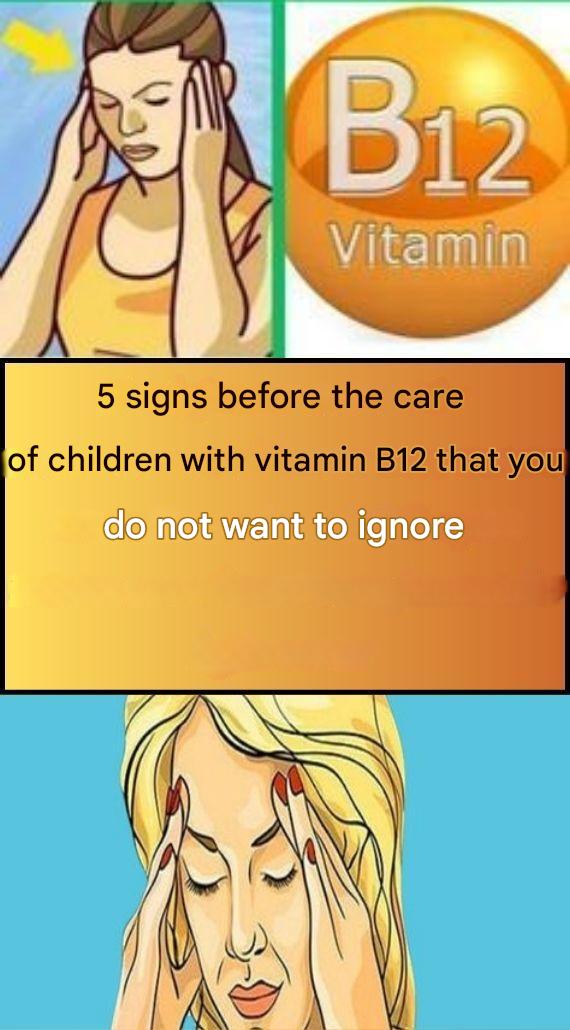ADVERTISEMENT
What to Do:
If you’re experiencing unexplained fatigue, it’s important to consult with your healthcare provider. A blood test can confirm whether you have a B12 deficiency. In many cases, B12 supplementation or dietary adjustments can help restore your energy levels.
2. Pale or Jaundiced Skin
A deficiency in B12 can lead to an imbalance in red blood cell production, resulting in anemia. Anemia caused by B12 deficiency often presents itself through pale or yellowish skin, also known as jaundice. This happens because the body struggles to produce healthy red blood cells, leading to a buildup of a substance called bilirubin in the blood, which can cause a yellowish tint to the skin and eyes.
What to Do:
If you notice pale or jaundiced skin, it’s important to see a doctor for a proper diagnosis. Anemia can often be easily treated with vitamin B12 supplements or changes to your diet.
3. Tingling Sensations or Numbness
A lack of vitamin B12 can affect the nervous system, leading to symptoms like tingling, numbness, or a “pins and needles” sensation in the hands, feet, or legs. This occurs because vitamin B12 is involved in the production of myelin, a protective covering around your nerves. Without sufficient B12, the nerves can become damaged, leading to these uncomfortable sensations.
What to Do:
If you’re experiencing tingling or numbness, it’s important to seek medical attention. If diagnosed early, a B12 deficiency can often be reversed with appropriate treatment, but nerve damage can become permanent if left untreated for too long.
4. Difficulty with Balance and Coordination
Vitamin B12 deficiency can also affect your balance and coordination due to its role in nerve health. When the nerves in the spinal cord become damaged from a lack of B12, it can result in problems with walking, coordination, and balance. This can also increase the risk of falls and injuries, especially in older adults.
What to Do:
If you’re noticing difficulty walking, feeling unsteady, or having trouble with coordination, consult your healthcare provider immediately. Early detection and B12 supplementation can help prevent further nerve damage and restore your motor function.
5. Cognitive Issues and Memory Problems
Vitamin B12 plays a vital role in maintaining brain function. A deficiency in this essential vitamin can lead to memory loss, difficulty concentrating, and other cognitive issues. Over time, untreated B12 deficiency has been linked to mood disorders, such as depression and anxiety, and can even contribute to dementia-like symptoms.
What to Do:
If you are experiencing memory loss, confusion, or difficulty concentrating, talk to your doctor. They may recommend a blood test to check your B12 levels. Early intervention with B12 supplementation can help improve cognitive function and prevent long-term damage to your brain health.
How to Prevent and Treat Vitamin B12 Deficiency
- Dietary Sources of B12: To prevent a B12 deficiency, it’s important to include foods that are rich in B12 in your diet. These include animal products such as meat, poultry, fish, eggs, and dairy products. For vegetarians and vegans, fortified foods such as plant-based milks, cereals, and nutritional yeast can be valuable sources of B12.
- Supplements: If you have trouble getting enough vitamin B12 from food sources or have a condition that affects B12 absorption (like celiac disease, Crohn’s disease, or a history of gastric surgery), supplements may be recommended. B12 supplements come in various forms, including oral tablets, sublingual tablets, and injections.
- Regular Checkups: If you are at risk for vitamin B12 deficiency, such as being older or following a vegetarian or vegan diet, it’s important to have your B12 levels checked regularly during checkups.
Conclusion
Vitamin B12 deficiency is a common issue, especially for older adults, vegans, and those with certain medical conditions. Early detection and treatment are essential to prevent serious complications, such as nerve damage and cognitive decline. If you’re experiencing any of the warning signs outlined above—such as fatigue, skin changes, tingling, balance problems, or cognitive issues—it’s important to talk to your healthcare provider for proper diagnosis and treatment.
By ensuring you’re getting enough B12 through your diet or supplements, you can protect your overall health and enjoy a higher quality of life.
ADVERTISEMENT
